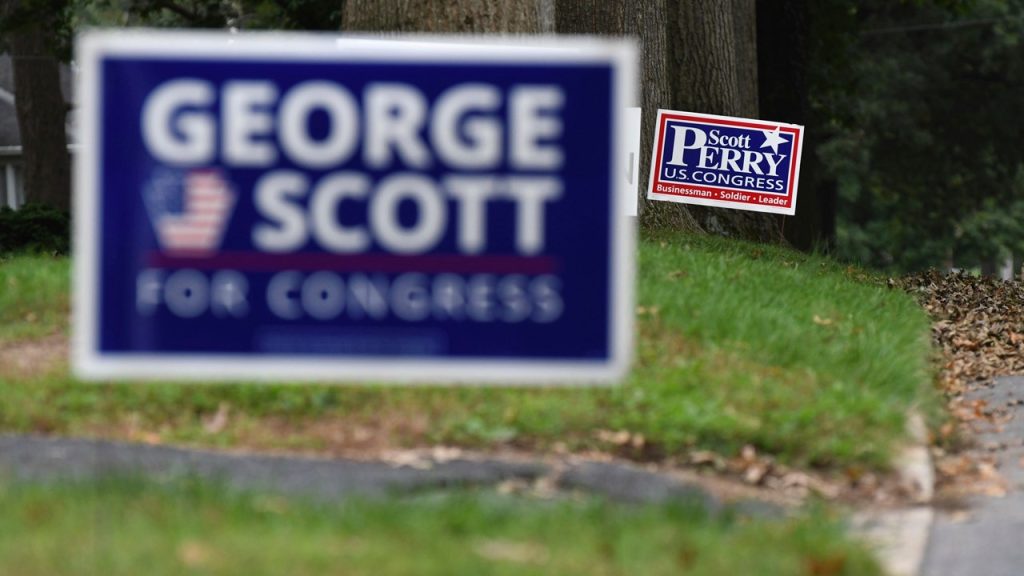The 3rd U.S. Circuit Court of Appeals recently ruled that a small town in Pennsylvania, Camp Hill Borough, violated residents’ free speech rights with an ordinance aimed at limiting lawn signs. The ordinance, enacted in 2021, placed restrictions on the number and duration of political signs that residents could display on their property. The court found that the ordinance discriminated between types of content and was too broad, thus infringing on residents’ constitutional rights.
Judge Stephanos Bibas, in a 11-page decision, rejected the borough’s argument that the ordinance only regulated the “time, place, and manner” of signs. The court noted that the restrictions were stricter for noncommercial signs, such as political signs, compared to commercial or holiday signs. While Camp Hill Borough argued that the limits were necessary for traffic safety and aesthetics, the court determined that these reasons were not compelling enough to justify curtailing free speech rights. As a result, the ordinance was deemed unconstitutional on its face.
Residents of Camp Hill Borough, along with the Camp Hill Borough Republican Association, filed a lawsuit against the ordinance in 2022. One resident was told by the borough’s code enforcement officer that her three lawn signs supporting political candidates exceeded the limit. Another resident was instructed to take down signs for political candidates within 60 days before an election. The court’s decision in favor of the plaintiffs was seen as a victory for free speech and expression by the chair of the Republican Association, Paul Lewis.
Despite the court’s ruling, the borough expressed disappointment and concern over the potential impact of the decision on its ability to regulate signs for traffic safety and aesthetics. The borough, along with other municipalities, may face challenges in implementing sign regulations following this decision. As of now, officials in Camp Hill Borough have not yet decided whether to appeal the court’s ruling. The case highlights the delicate balance between protecting free speech rights and enforcing regulations for public safety and visual aesthetics.
Overall, the federal appeals court’s decision in the Camp Hill Borough case underscores the importance of upholding constitutional rights, particularly the freedom of speech. By striking down the town’s restrictive sign ordinance, the court reaffirmed the principle that government regulations must not unduly infringe on individuals’ ability to express their views. The ruling serves as a reminder to municipalities to carefully consider the implications of their regulations on free speech and to ensure that any restrictions are narrowly tailored and serve a compelling government interest. Moving forward, the outcome of this case may influence future debates on the intersection of free speech and local ordinances governing signage.













